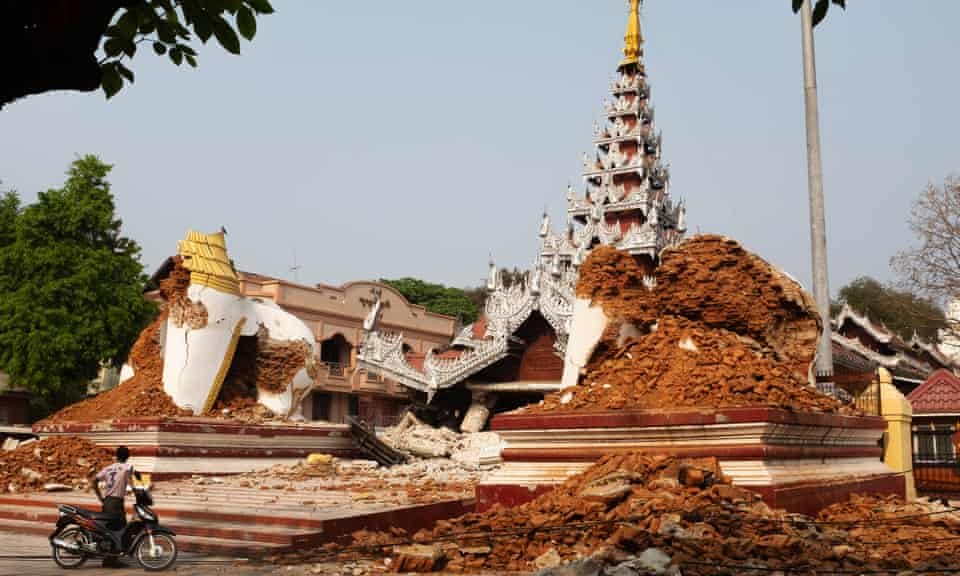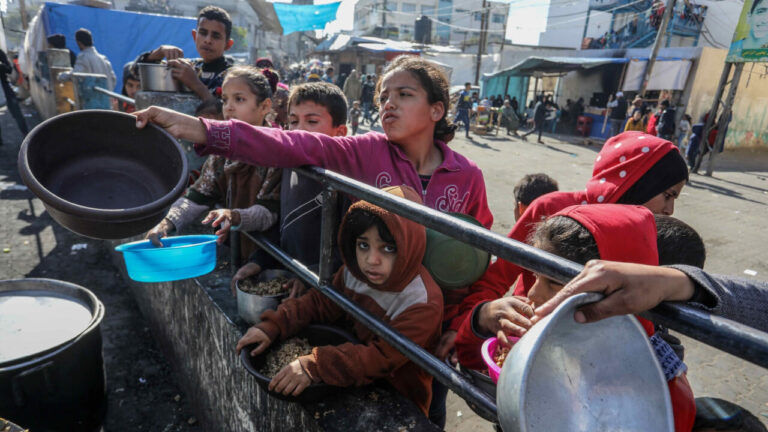IRCS Provides Essential Aid to Earthquake-Stricken Regions of Myanmar
The Iranian Red Crescent Society (IRCS) is poised to deliver essential humanitarian aid and specialized personnel to assist the victims of the recent devastating earthquake in Myanmar. This natural disaster has profoundly affected the communities and citizens in the region, prompting a global response to address the urgent needs of those impacted.
According to Razieh Alishvandi, the Deputy Head of the IRCS, the initial assessments reveal extensive damage across various parts of Myanmar. The IRCS is committed to playing a vital role in the relief efforts following this catastrophic event. Here are some key details regarding the earthquake:
- Magnitude: The earthquake registered a powerful 7.7 on the Richter scale.
- Casualties: The current death toll exceeds 1,000 individuals, with local sources reporting that 1,002 people have been confirmed dead.
- Injuries: Approximately 2,376 people have sustained injuries due to the earthquake.
- Missing Persons: At least 30 individuals are reported missing, adding to the urgency of ongoing rescue operations.
The Iranian Red Crescent Society’s readiness to assist reflects a broader commitment to international humanitarian efforts. In light of this disaster, the IRCS is mobilizing resources to provide critical support to those affected. This includes:
- Emergency Relief Supplies: Distribution of food, water, medical supplies, and shelter materials.
- Medical Assistance: Deployment of healthcare professionals to treat the injured and prevent disease outbreaks.
- Psychosocial Support: Providing mental health services to help individuals cope with the trauma of the disaster.
In addition to the IRCS, Iran’s Foreign Ministry Spokesperson, Esmail Baghaei, has expressed heartfelt condolences to the victims and their families. The Iranian government’s response underscores the importance of solidarity during such challenging times.
The earthquake in Myanmar serves as a stark reminder of the unpredictability of natural disasters and the necessity for coordinated international responses. As rescue operations continue, humanitarian organizations worldwide are urged to support recovery efforts. Key considerations for effective relief operations include:
- Assessment of Needs: Conducting thorough evaluations to identify the most pressing needs of affected communities.
- Collaboration: Working alongside local authorities and international organizations to maximize the impact of aid.
- Long-term Recovery: Planning for sustainable recovery efforts that address both immediate and long-term needs.
As the situation develops, the IRCS remains dedicated to providing assistance to the people of Myanmar. The organization highlights the importance of timely intervention in mitigating the effects of such disasters. The global community’s response is critical, as it not only provides immediate relief but also supports the rebuilding of lives and communities.
In conclusion, the IRCS stands ready to assist with much-needed humanitarian aid in Myanmar following the devastating earthquake. Their efforts, alongside those of other international organizations, will be essential in addressing the aftermath of this disaster. The collective response from around the world will play a significant role in determining the future of those impacted. The humanitarian crisis calls for unity and compassion, reminding us of our shared responsibility to support one another during times of crisis.






